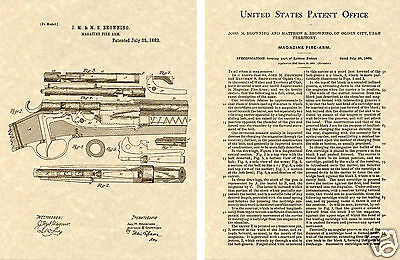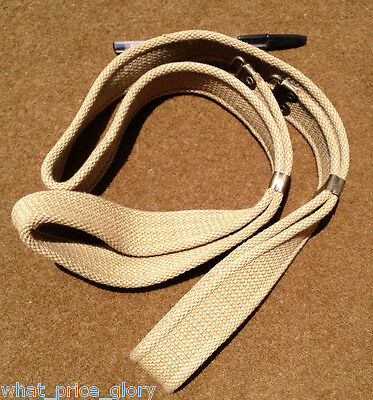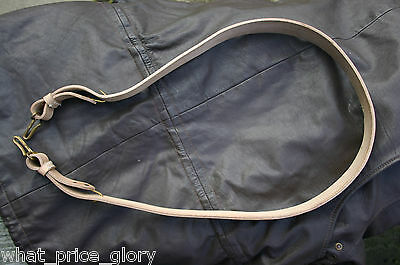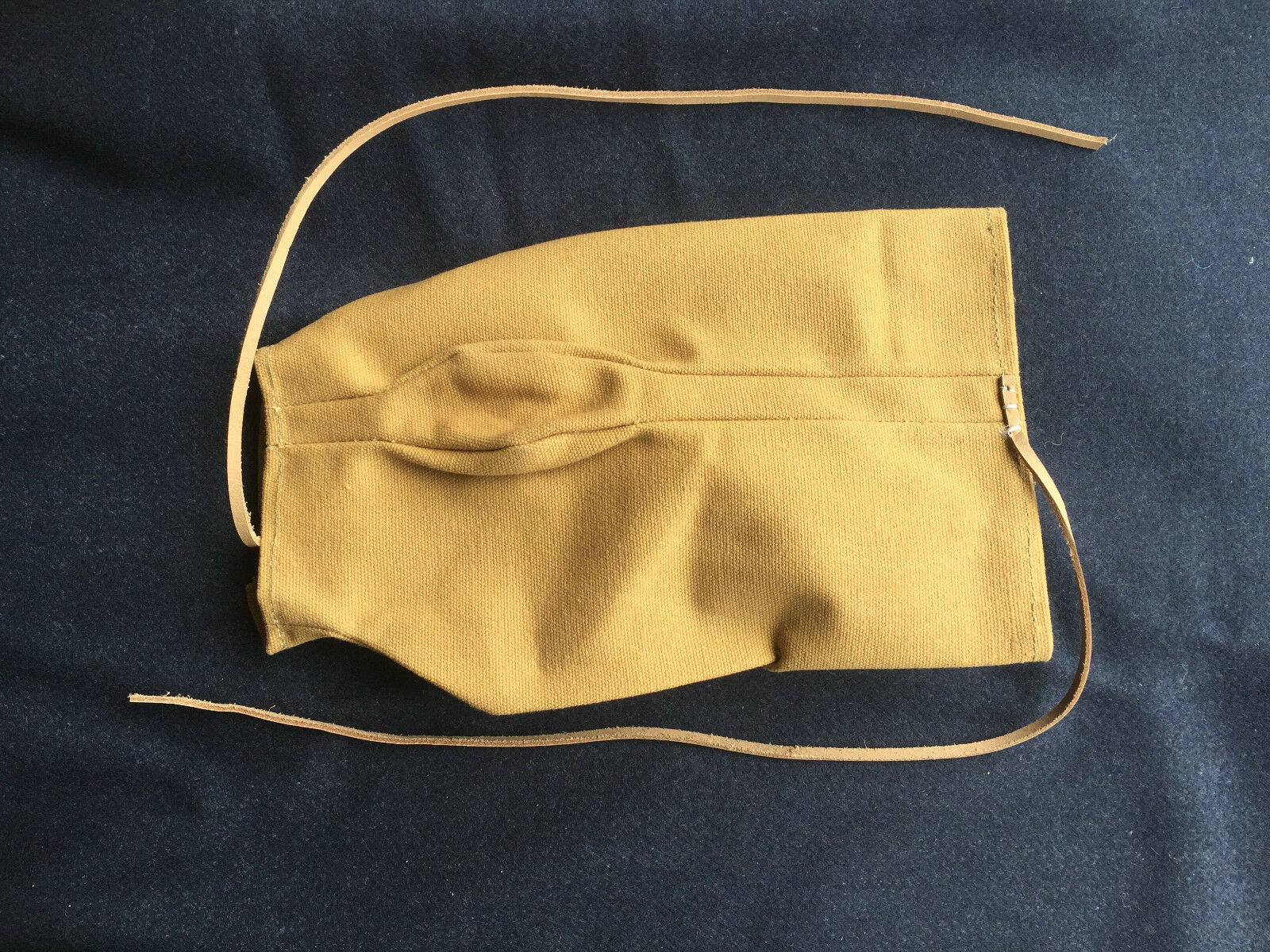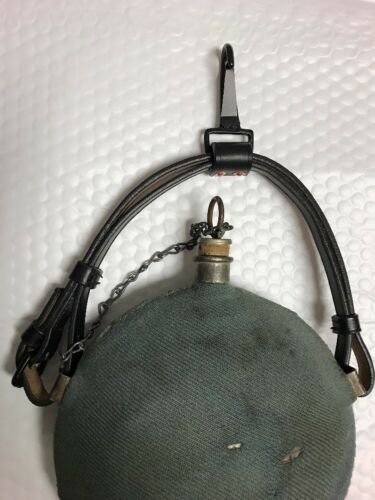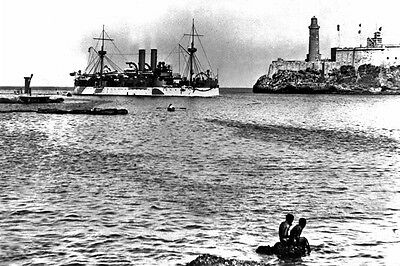-40%
Spanish American War US Army Individual First Aid Dressing 2nd Pattern 1898
$ 5.27
- Description
- Size Guide
Description
This listing is for a reproduction of a now extremely rare US Military first aid dressing.This is the first "individual "First aid dressing" Second pattern contracted for by the US Army in late 1898. The direct predecessor to the Carlisle bandage of World War I.Over 150,000 of these dressings where delivered from the Johnson & Johnson,Company to the US Army cantonments and occupation forces in Cuba,
Philippines
, Puerto Rico,Guam, Samoa, Hawaii
and
the Mexican border. Additional contracts where made with other
manufactures
but this is the primary contractor.
The dressing "First Help for wounds" made by Johnson & Johnson,Co. was based
directly on the existing British Army First Field Dressing as issued to HM forces in South Africa and British colonies. The reproduction does not contain a sterile bandage or a triangular illustrated Erlanger sling(block of wood or kleenex) but is otherwise made to exacting size specifications as per the contract specifics original examples and is intended for display or living history use and is not a sterile first aid bandage.
The full initial contract for bandages was delivered to the US Army and apparently most if not all where issued as intended to troops during the Spanish American War and to US Forces in the Philippines.These bandages where
liberally
used however ,also wrapped to standards of the then
current
civilian
market of the period and did not hold up well to the damp conditions encountered in Cuba and the
Philippines
. Johnson & Johnson who held large Army contracts responded to reports from the Army that the First contract bandages did not hold up well to tropical conditions. The company
introduced
this improved pattern to fill existing and new contract that was improved by making it smaller ( removal of
superfluous
gauze )and more
convenient
to carry with a much superior
treated
paper wrapper that was water
resistant
.
The bandage was a success in combat and later contracts specified a more substantial treated wrapper. These heavy wrapped bandages where
used through the introduction of the Brass cased Carlisle bandage until supplies where
exhausted
.

